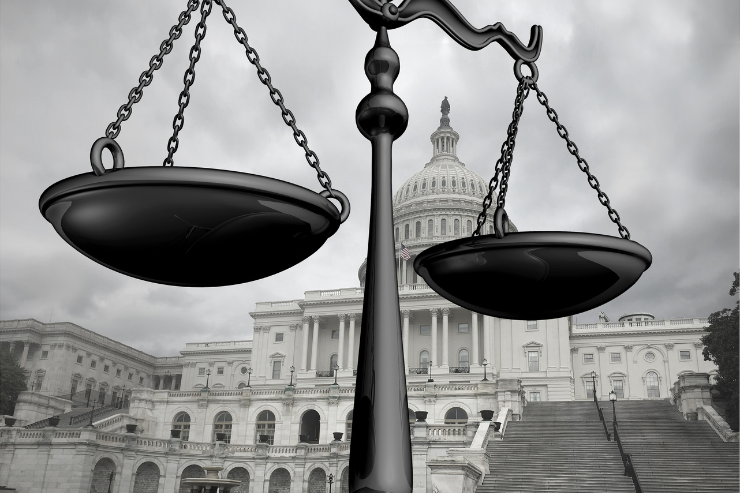By Wayne Hecht – Tiger Group
Having worked in the auction industry for over 35 years, I have pulled off successful, well-attended sales in the face of almost any obstacle you could imagine. The list includes dramatic acts of God such as hurricanes, snowstorms and floods, as well as more mundane challenges, like losing power, being locked out by the landlord, or having highway construction or political protests block bidders from reaching the venue.
While determined and resourceful auctioneers can overcome almost any challenge, one type of obstacle can be nearly insurmountable—a last-minute phone call, email or certified letter declaring the sale in violation of state or local law due to lack of proper licensure.
This unwelcome news could come from a local auctioneer, the representative of a state auctioneers association, or a civil servant with letters like FDBPR, NCALB or LALB on his business card. For auctioneers and their staff, being on the receiving end of such communications can be disheartening and stressful. In some cases, the team learns of the conflict the night before the sale: “Hello, this is Jane Smith calling. I see you have an auction scheduled in our state for tomorrow, but I cannot let it happen.”
Regulatory Patchwork
How could a qualified auctioneer end up in such an unfortunate position? Thanks to the lack of federal regulation of auctions, all 50 states are free to take their own approaches to licensing, education, bonding, fees and other guidelines. Some states even choose to leave such details to individual counties, cities and municipalities, further complicating the situation.
Moreover, with many auctions now being conducted online through a plethora of bidding platforms, new licensure questions have come into play as well.
Common threads
None of this is to suggest there are no common threads in the country: All told, 49 states have drafted into their laws the Uniform Commercial Code (U.C.C.), which dates to 1896 in the United States (Louisiana, with its history of Napoleonic law, is the only state that has not fully adopted the U.C.C.).
Organizations like the Overland Park, Kansas-based National Auctioneers Association (NAA) have also gone a long way in promoting professional practices and standards, including the NAA’s Code of Ethics.
In addition, today’s auctioneers can also benefit from helpful resources such as the NAA’s annual State Licensing Guide. By downloading the PDF, members gain access to detailed, state-by-state breakdowns of licensing requirements, as well as, in some cases, the contact information of government officials involved in auction licensure and regulation.
Prior to conducting any sale, auctioneers should leverage such resources to answer key questions:
- Does the state in question require a license to conduct a live auction but not a license for online auctions?
- Are licenses required for both on-site and online auctions?
- What reciprocity agreements, if any, are in place? How do they work?
Understanding reciprocity agreements
The existence of a reciprocity agreement can be particularly helpful in clearing the way for auctioneers to conduct sales outside their home states, but approaches vary.
Some states simply require an application and fee to take advantage of reciprocity; others mandate approval from the state auction board and also impose background checks, bond requirements and fees.
If the state has no license law, the onus is on auctioneers to contact local counties, cities or municipalities about their specific requirements. In New York City, for example, receiving the mandatory Auction House License requires an application, bond, fee, and background check. Elsewhere, such requirements may be minimal or nonexistent.
Waivers and expedited licensing
If an auctioneer does get that dreaded phone call, email, or certified letter about a licensing problem, all may not be lost. In my experience, some states will give a onetime waiver, only requiring licensing if the auctioneer plans to hold a sale in their state again. Other options could include hiring a local licensed auctioneer to conduct the sale or working through the licensing process at an expedited level, which may be possible if a reciprocity agreement applies.
As a final word, it is important to remember that regulations continually change. Auctioneers should consult all resources at their disposal, including contacting their state, county and municipal offices, to stay apprised of current and complete requirements and fees for all types of auctions (many states require special licenses and permits for selling the likes of real estate, livestock, motor vehicles or wine; check with the appropriate local departments for full details).
Murphy’s Law is beyond anyone’s control, but with some research, preparation and planning around licensure, auctioneers can keep their gavels swinging and their sales moving forward.
